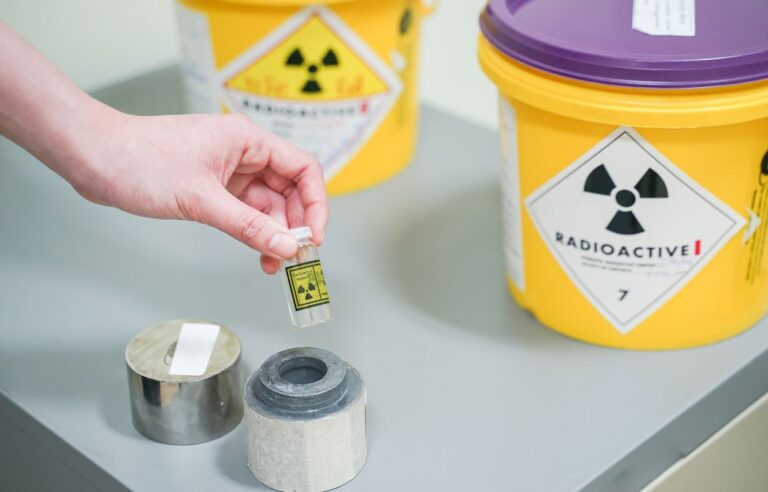Prostate cancer remains one of the most common cancers in men worldwide. While conventional treatments such as surgery, radiation therapy, and chemotherapy have been widely used, new advancements in nuclear medicine have paved the way for more targeted and effective approaches. Among these, Actinium-225 PSMA therapy has emerged as a groundbreaking option for patients with metastatic castration-resistant prostate cancer (mCRPC). This innovative treatment leverages the power of targeted alpha therapy (TAT) to attack cancer cells with remarkable precision while minimizing damage to surrounding healthy tissues.
What is Actinium-225 PSMA Therapy?
Actinium-225 PSMA therapy is a form of targeted radiopharmaceutical therapy designed specifically for patients with advanced prostate cancer that has spread beyond the prostate and is no longer responding to conventional hormone therapies.
PSMA, or prostate-specific membrane antigen, is a protein highly expressed on the surface of prostate cancer cells. Actinium-225, a powerful alpha-emitting radionuclide, is attached to a PSMA-ligand, enabling it to deliver high-energy radiation directly to cancerous cells while sparing healthy tissues.
Unlike traditional external beam radiotherapy, which affects a broader area, Actinium-225 PSMA therapy acts at the cellular level, making it a highly targeted and effective treatment.
Indications for Actinium-225 PSMA Therapy
Actinium-225 PSMA therapy is primarily used for treating metastatic castration-resistant prostate cancer (mCRPC) in patients who:
- Have exhausted standard treatments such as chemotherapy, androgen deprivation therapy (ADT), and external beam radiotherapy.
- Show high PSMA expression based on PSMA PET/CT scan results.
- Experience disease progression despite other systemic treatments.
Clinical studies have demonstrated significant tumor shrinkage and prolonged survival in patients undergoing Actinium-225 PSMA therapy, especially those who have limited alternative treatment options.
Advantages of Actinium-225 PSMA Therapy
Highly Targeted Approach
Actinium-225 emits alpha particles, which have a very short penetration range but deliver high energy to cancer cells, making them highly effective in destroying tumors without harming nearby healthy tissues.
Reduced Side Effects Compared to Other Therapies
Unlike chemotherapy, which often leads to severe systemic side effects, this therapy primarily affects prostate cancer cells, leading to a better quality of life during treatment.
Effective in Treatment-Resistant Cases
Many patients with advanced prostate cancer eventually stop responding to hormone therapy or chemotherapy. Actinium-225 PSMA therapy has been successful in treating cases where other therapies have failed.
Promising Clinical Results
Clinical trials and real-world studies have reported significant PSA reductions, improved overall survival, and durable responses in patients treated with Actinium-225 PSMA therapy.
Minimally Invasive Treatment
The treatment is administered via intravenous infusion, making it a non-surgical option for eligible patients.
Side Effects & Considerations
Although Actinium-225 PSMA therapy is well-tolerated by most patients, some potential side effects include:
- Xerostomia (Dry Mouth): Due to PSMA expression in the salivary glands, some patients experience dry mouth.
- Mild Fatigue: Common but usually temporary.
- Hematological Effects: Rare but can include mild reductions in blood counts.
Before undergoing therapy, patients undergo PSMA PET imaging to confirm eligibility. Close monitoring by a nuclear medicine specialist ensures that treatment is safe and effective.
Future of Actinium-225 PSMA Therapy
Ongoing research continues to refine Actinium-225 PSMA therapy, with combination treatments and dose optimization strategies being explored. The therapy holds immense promise in personalized prostate cancer treatment, particularly for patients with aggressive, treatment-resistant disease.


